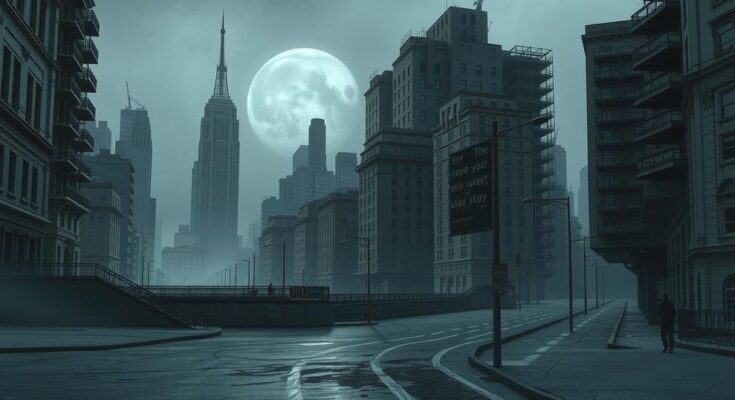Former Philippine President Rodrigo Duterte was arrested following a warrant from the International Criminal Court for alleged crimes against humanity linked to his controversial war on drugs. Advocates view this as a hopeful sign for justice, but indicate that risks for human rights defenders persist under the current administration’s policies. The ICC’s investigation focuses on extrajudicial killings tied to Duterte’s anti-drug efforts, reflecting broader concerns about accountability and advocacy in the Philippines.
Former Philippine President Rodrigo Duterte’s recent arrest symbolizes a pivotal moment for the thousands affected by his infamous war on drugs. Following a warrant issued by the International Criminal Court (ICC), Duterte traveled from Hong Kong to the Philippines, where he was quickly transported to The Hague for proceedings concerning his alleged crimes against humanity. The atrocities committed during his term from 2016 to 2022 have been condemned internationally, leading to heightened discourse on justice and accountability.
Duterte has remained resolute regarding his actions, denying any wrongdoing and offering “no apologies” for the violence associated with his anti-drug policies. His supporters have labeled the ICC’s actions as “unlawful,” citing the Philippines’ withdrawal from the court in 2019. However, the ICC asserts its jurisdiction over acts committed while the country was still a member, pointing towards potential legal ramifications for Duterte’s leadership.
Human rights advocates view the arrest as a beacon of hope, suggesting that it signifies the possibility of justice for victims within the Philippines and globally. Agnes Callamard, Secretary General of Amnesty International, emphasized that it reflects the notion that even powerful figures, such as state leaders, can face legal consequences for severe violations.
The ICC’s involvement hinges on allegations of serious offenses, including extrajudicial killings. While exact charges against Duterte are still under wraps, the basis for the warrant rests on claims of crimes against humanity initiated during his administration’s controversial anti-drug campaign. This horrific campaign has reportedly led to the deaths of a staggering number of Filipinos, with the Global Witness organization estimating approximately 20,000 fatalities linked to his policies.
On the matter of human rights, Duterte’s devastating approach has reportedly led to an environment where extrajudicial killings proliferated against not only drug suspects but also environmental and land defenders. Reports indicate that for over a decade, the Philippines has consistently ranked as one of the most dangerous countries for environmental advocates, where activists opposing extractive industries often face lethal violence. The government’s policies under Duterte, such as the Anti-Terrorism Act, have enabled violence against activists, increasing the risks to human rights defenders even further, a point underscored by Global Witness.
The impact of Duterte’s actions on environmental advocacy persists, raising concerns about whether his arrest will lead to safer conditions for these defenders. Many activists express skepticism, citing ongoing threats emanating from both the government and corporate interests aligned with the current administration. The Marcos administration’s pro-mining stance, coupled with budget support for controversial programs such as the National Task Force to End Local Communist Armed Conflict, continues to pose substantial risks to advocates.
Experts in the field highlight the immediate future may still be fraught with challenges for human rights and environmental advocacy in the Philippines. Although Duterte’s arrest could foster a greater trust in the legal system, meaningful improvements in civic space and protection for defenders are not anticipated in the short term. Nevertheless, these developments may herald a gradual shift in accountability and protections for vulnerable groups in the nation.
The arrest of Rodrigo Duterte marks a significant moment in the Philippines’ quest for justice regarding the extensive human rights violations linked to his administration’s war on drugs. While some advocates express hope for a positive shift in the legal landscape, the entrenched risks faced by environmental and human rights defenders remain a major concern. The interplay between accountability for past actions and the ongoing policies of the current administration will play a crucial role in shaping the future of activism and civil rights in the country.
Original Source: www.eco-business.com




